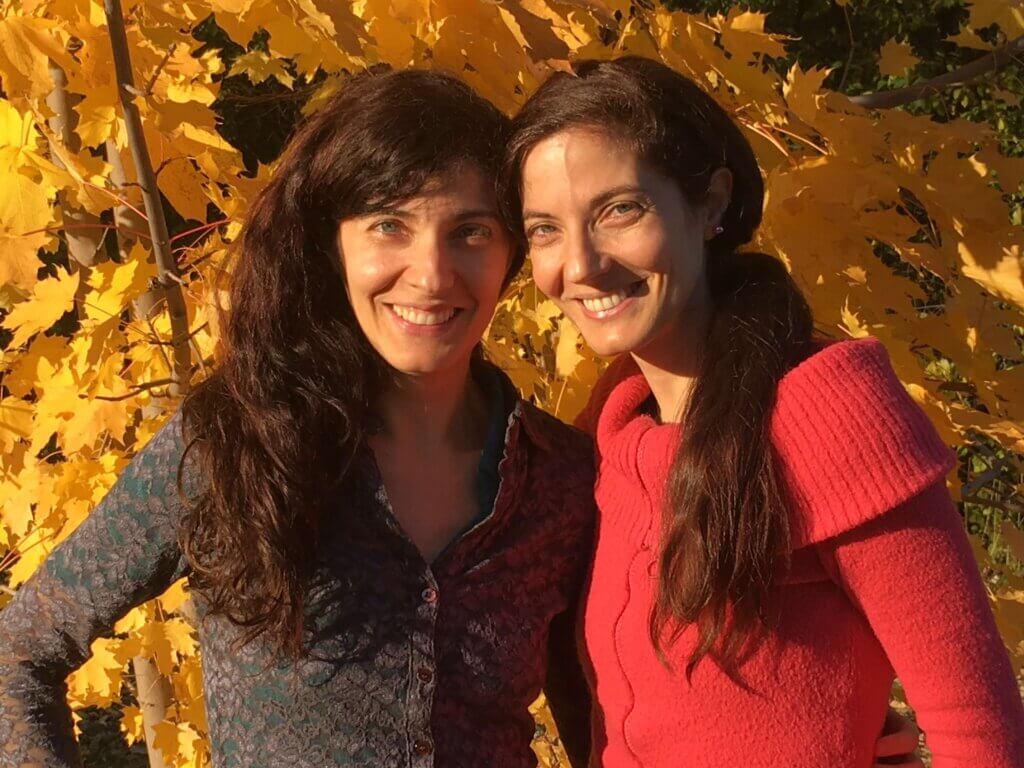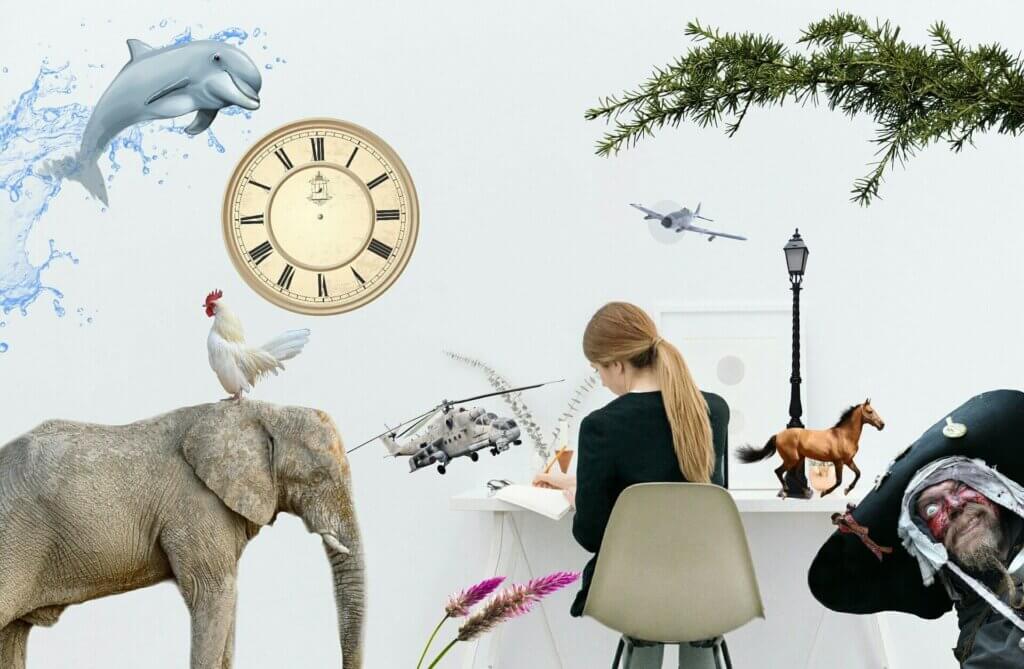 We all know that traveling is a wonderful experience. But did you know that traveling also brings great benefits on a neurological and emotional level?
We all know that traveling is a wonderful experience. But did you know that traveling also brings great benefits on a neurological and emotional level?
Here we will explore these benefits for our nervous system and how travel can make us better individuals, fitter and… even stay younger!
Join.
1.- Less stress and more emotional well-being
Endorphins are chemicals produced by the brain that inhibit pain while giving a sense of happiness and well-being. They are liberated by doing activities that we are passionate about, exercise, sex, travel…
Endorphins decrease stress levels in the body and produce that feeling of emotional well-being that we experience after exercising outdoors, spending a passionate night with our loved one or when we are with our pet.
If, like us, you love to travel, during your adventures you will release this hormone almost constantly. And also after the trip, when remembering the memories these substances are secreted. It’s like having a wellness pill available, inexhaustible and without side effects!

2.- Create new connections and form new neurons
 It is proven that the brain is plastic. In other words, it is renewed. Neurons can be created even in old age and create new connections. One of the triggers of this renewal is to demand from the brain tasks that are not everyday or known to them. This triggers processes of formation of new neurons and connections between them.
It is proven that the brain is plastic. In other words, it is renewed. Neurons can be created even in old age and create new connections. One of the triggers of this renewal is to demand from the brain tasks that are not everyday or known to them. This triggers processes of formation of new neurons and connections between them.
When you travel, you expose yourself to unfamiliar environments and situations. It is in those moments where you must analyze, adapt creatively and overcome the situation. And that’s precisely what’s going to generate those positive neural changes.
This process has even been shown to help prevent Alzheimer’s. The case of Madame Calment, the Frenchwoman who lived 122 years totally lucid and kept constantly learning (she started fencing at 80) is famous.
3.- New languages, new mental processes
Closely related to the above, learning another language, especially in adulthood, stimulates the genesis of new neurons and synapses.
Language is intimately linked to brain processes, to the way of thinking. Learning other languages (even more exotic languages: Arabic, Japanese, Thai…) is a formidable tool to keep your brain toned, revitalizing and stimulating the birth of new neurons.

4.- Train memory
 The constant demand for attention and memorization that occurs when we travel, is a powerful stimulant to train and improve mental faculties such as memory.
The constant demand for attention and memorization that occurs when we travel, is a powerful stimulant to train and improve mental faculties such as memory.
Generally, our brain memorizes everything, but because we live in low attention mode, memories go to the subconscious. When we are attentive, the information we receive spends more time in consciousness and we can remember it more easily.
Memorizing dates, airlines, place names in foreign languages, phrases in foreign languages and countless other things is a powerful incentive to develop that faculty as important of our mind – and as poorly attended – as memory is.
5.-Reduces the risk of heart attacks
Traveling reduces levels of anxiety, worry and stress and releases endorphins and serotonin. When traveling, we want to know and are more likely to be willing to take walks or ride bikes.
On the other hand, local cuisines tend to be healthier and more nutritious than the processed and industrialized foods that we usually consume in our cities.
All of these factors combined may have a long-term influence on reducing the risks of heart attacks or strokes.

6.- Strengthens and increases self-esteem
 It’s hard to be shy when we travel and expose ourselves to unfamiliar environments. So we must overcome our natural shyness (if we are shy) to communicate, ask for directions or other information. Even with people who don’t speak our language.
It’s hard to be shy when we travel and expose ourselves to unfamiliar environments. So we must overcome our natural shyness (if we are shy) to communicate, ask for directions or other information. Even with people who don’t speak our language.
On the other hand, we are going to face unforeseen events that we are going to have to solve “on the ground”.
All of this leaves us with a sense of pride in our own abilities (which we may not have known we had) to solve unforeseen events. This has an effect of increasing self-esteem and a positive strengthening of the perception we have of ourselves.
7.- We complain much less
There are certain virtues that, when practiced, can stimulate the production of “happiness hormones.” Patience in the face of what we cannot change, tolerance and a much greater understanding of the realities of others are virtues that influence a positive mood.
It is positivism in turn affects a greater ease to trigger brain processes that lead to the production of the chemicals that contribute to our happiness.
We become even-handed, strengthen temperance, and become more restrained. We tend to judge less and less and that makes any impulse to complain disappear… Complaint is one of the most useless activities of the human being.
8.- Happy to experiment, not to have

The possession of an object produces such a passing joy that many times that object ends up forgotten in a corner.
But when it comes to reminiscing about happy events, they become an almost inexhaustible source of blissful moments.
We value experiences much more than things.
In addition to the fact that experiences become part of you, they make you who you are. Objects do not, as much as we want to believe that we are the car or jewels we own.
9.- Increase our ingenuity
 Ingenuity and creativity are greatly benefited when we travel. You have to solve with what little you have and the few skills you apparently have. And we say apparently in quotes. We all have a number of gifts and abilities that we do not know about and that are only revealed when we need them.
Ingenuity and creativity are greatly benefited when we travel. You have to solve with what little you have and the few skills you apparently have. And we say apparently in quotes. We all have a number of gifts and abilities that we do not know about and that are only revealed when we need them.
That way of creatively solving has a strong effect on the way we are flexible and permeable to new ideas. One of the saddest things are those individuals who embraced a (often misguided) idea years ago and have not let go of it, being unable to recognize other points of view or simply the constant changes of the world.
Conclusions
The determining benefits for our nervous system and its faculties (memory, intelligence, empathy, flexibility) are undeniable when we travel and expose ourselves to different cultures and realities.
And the more different the better!
Add to that the contemplation of remote, beautiful and exotic landscapes that generate a discharge of endorphins and you have a cocktail of vitamins for the brain and soul.
It is in these environments of constant change that evolution has taken shape, making us more suitable individuals. The fittest and most adaptable thrive, the least adaptable are extinguished.
Those changes are imprinted on the nervous system.
Travel is like an accelerated evolutionary process. It makes us more suitable, better to understand, accept and even take advantage of the changes and differences that occur in our world.
